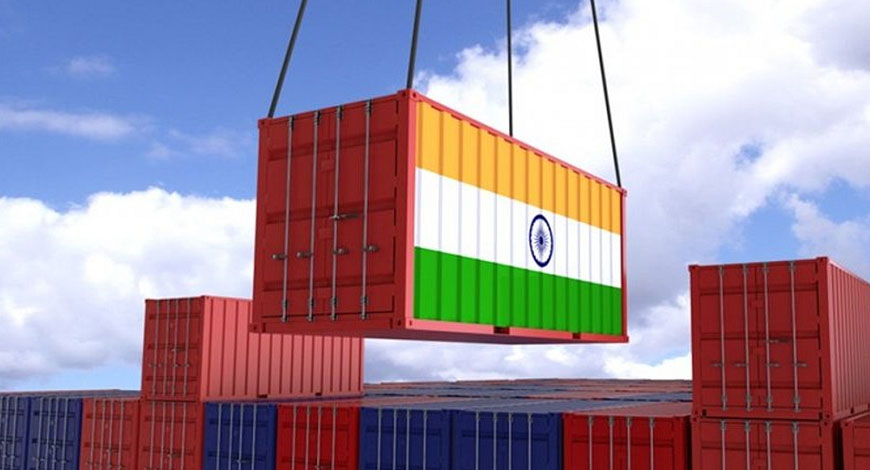NEW DELHI: US tariffs on Chinese goods could create new opportunities for Indian exporters, particularly in electronics, textiles, and engineering goods, where Indian businesses may remain competitive even after reciprocal tariffs, according to a PwC report.
In the booming smartphone export sector, even if Indian smartphone imports into the US attract a 15% duty, they would still remain competitive against Chinese smartphones, which face a blanket 20% tariff under the International Emergency Economic Powers Act (IEEPA), the report stated.
There is a 5% delta that gives Indian smartphone exports an edge over Chinese exports in the US market, the report highlighted.
Between April and January, India’s smartphone exports stood at $1.55 trillion, reinforcing its status as an alternative manufacturing hub alongside China. Leading global companies like Apple and Samsung are ramping up production in India to meet US demand.
Under the reciprocal tariff regime the engine and transmission parts could start attracting around 15% applied tariffs, brakes and suspension systems around 10%, electrical components 10%. Even then these duties will remain below what China faces giving an edge to India, the PwC report pointed out.
Despite these duties, Indian exports would still enjoy a competitive advantage over Chinese goods, which face higher tariffs, the report highlighted.
While these tariff changes present opportunities, PwC cautioned that India’s exporters must develop a long-term resilience strategy to navigate evolving US trade policies and tariff realignments.
Investing in sustainability and advanced technology can help Indian businesses stay competitive and qualify for potential tariff exemptions in the future.
“With increasing global demand for sustainable products, businesses may integrate renewable energy, eco-friendly materials, and circular economy principles which will provide them with an edge over their competitors,” the PwC said.
To mitigate risks from US tariffs, Indian exporters can also proactively explore trade opportunities in markets with India’s new and upcoming FTAs with UK, European Union, Oman and Gulf region and New Zealand among others to gain market access in new geographies and thus mitigate the risks due to the US Tariffs, the PwC added.
Ensuring multiple points of procuring raw materials and components from multiple countries, alongside multiple markets ensuring resilience against geopolitical disruptions can also help.
Source: The Financial Express

 Banking Liquidity Turns Positive After Three Months
Banking Liquidity Turns Positive After Three Months 